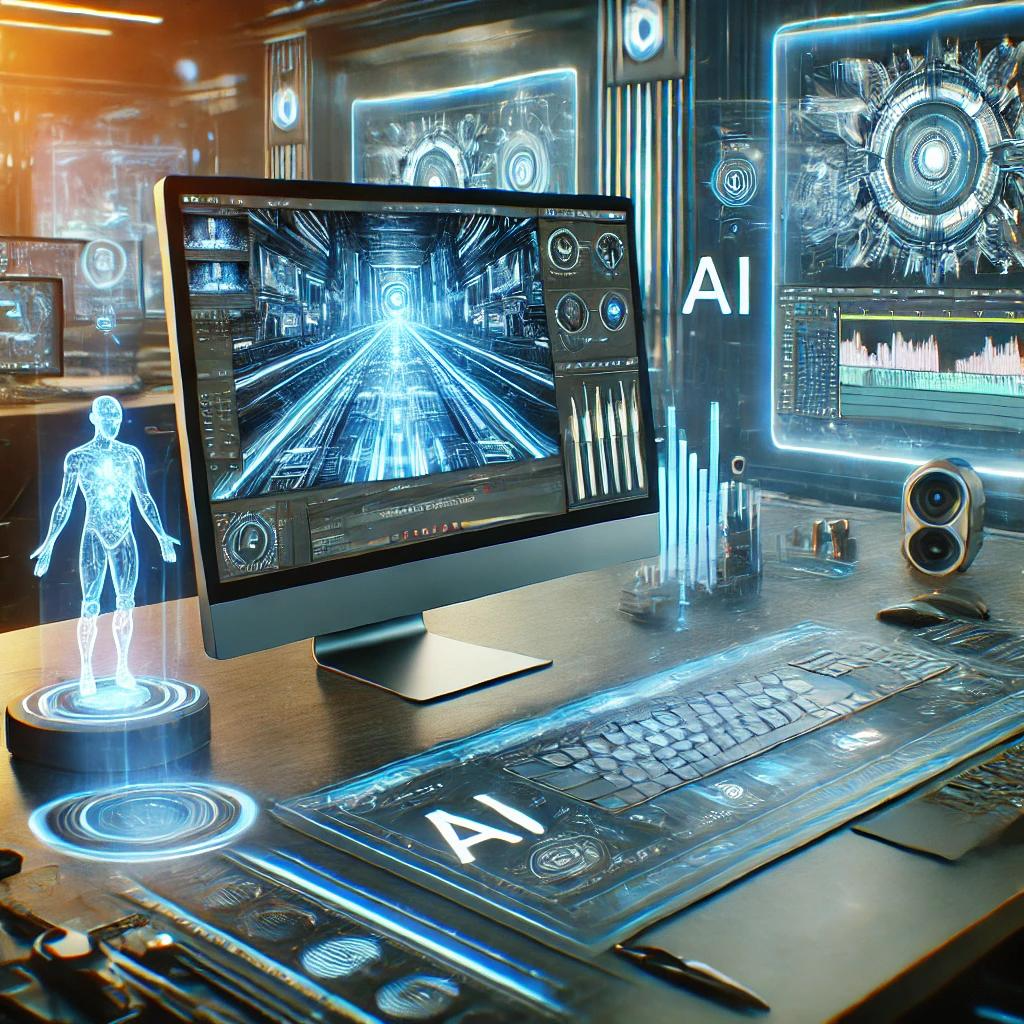Video editing has long been a laboriously slow and painstaking process; hours go by trying to create a flawless transition, time things correctly, or put together a story so it is engaging. However, this is fast changing, with top AI video tools seeping into the market. The technologies are changing the game in all senses and have redefined how we view video creation. Now, in video editing, AI is not just a buzzword anymore.
The Current Situation of Video Editing
Traditionally, video editing involves numerous repetitive, manual tasks. An editor painfully goes over hours of footage, cutting scenes together and splicing them with several effects to create a beautiful final product. While this gave creative control, it often became labor --- and time-intensive. Enter AI, the technology ushering in a new editing era. By putting AI video tools to work, many of these tasks are automated for editors, thus leaving them with the creative task of production.
How AI is Transforming Video Editing
AI has introduced automation in the video editing process, reducing the time and effort one needs to put into a project. Adobe Sensei and IBM Watson have created tools that empower one with capabilities to automate cutting, transitions, and even color correction. These tools analyze content and make real-time decisions to give the final product the polish and professionalism desired in this field.
But that is not all: AI is also improving video quality beyond automating what can be mechanized. Machine learning algorithms upscaled lower-resolution videos, removing noise and stabilizing shaky footage --- all with minimal human intervention. What's more, real-time video editing and rendering are now at the fingertips of editors, who can instantly view the result of their work.
Leading AI Video Editing Tools
Several AI video tools are leading the charge in this new era of video editing. Tools like Magisto, an AI-powered video editor, allow users to create high-quality videos with just a few clicks. Another notable tool is DeepBrain, which offers AI-driven features like automated video creation and real-time editing. These tools make video editing more efficient and empower creators to push the boundaries of what's possible.
The Impact on Creativity and Workflow
With modern technologies like AI handling the technical aspects of video editing, creators have more time to focus on storytelling and creativity. This shift allows for more innovative and engaging content, as the minutiae of the editing process no longer bog down editors. Nevertheless, this raises the question: will AI eventually replace human editors? While AI tools are becoming increasingly sophisticated, they are still a long way from replicating the nuanced decisions and creative wisdom human editors bring. Instead, AI is best seen as a powerful assistant, enhancing the capabilities of human editors rather than replacing them.
Future Predictions
AI is set to play an even more significant role in video production. We can expect AI tools that integrate even more seamlessly with video editing software, offering features like automated pre-production planning and AI-generated storyboards. As these tools evolve, they will likely become vital in video production, helping creators produce high-quality content faster and more efficiently.
Conclusion
AI is absolutely rewriting the rules of video editing-from automating the tedium to upgrading the video quality, AI tools release editors to focus on what matters most: creativity. Moving forward, accepting AI in video editing will be key to staying ahead in an increasingly competitive situation.
Comments
Loading comments…
